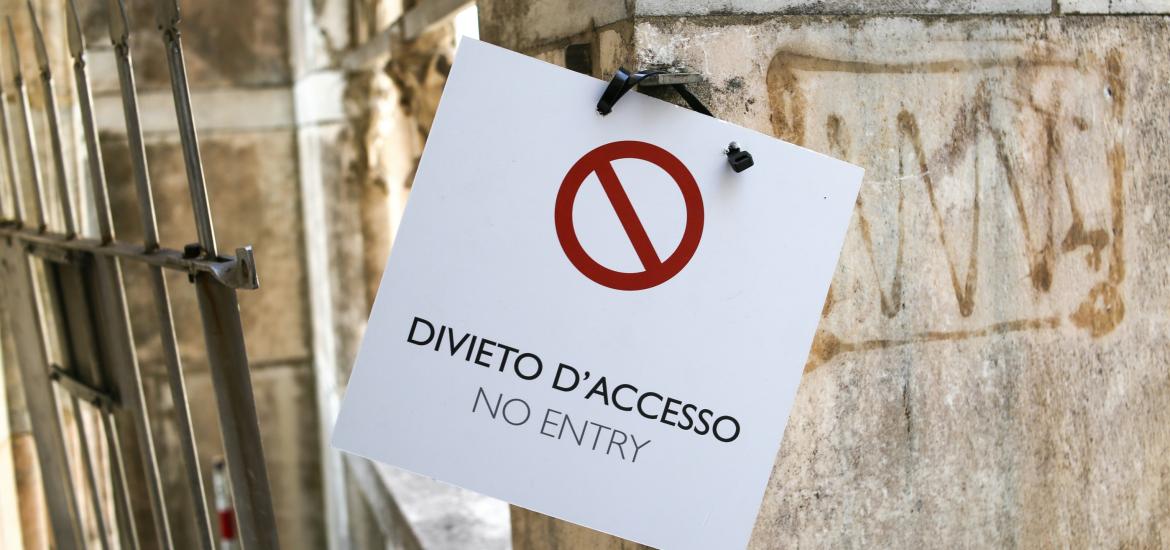
No shortcuts for Agenus
The FDA throws out the company’s second attempt at an accelerated approval.
The FDA throws out the company’s second attempt at an accelerated approval.

Another day, another reminder that promising phase 1 data are rarely repeated in larger, more robust trials. The unlucky biotech that’s just been hit by this fact is Agenus, with the first results from a phase 2 study of its combination of the anti-PD-1 MAb balstilimab and anti-CTLA-4 MAb botensilimab.
The study, in pretreated microsatellite-stable colorectal cancer, has confounded by showing a lower bot dose doing better than a higher one in the combo, with an apparently comparable result for high-dose bot monotherapy. What’s worse for Agenus is that these data were to serve as the basis for a 2024 bot-bal accelerated approval filing, which now looks to be off the table.
At least Agenus hasn’t tried to conceal the regulatory fallout of this dataset. In a statement the company said the FDA, with whom the results and filing plans were discussed, had advised against filing these data in support of an accelerated approval, based on the agency’s view that objective response rates might not translate into a survival benefit.
0 for 2
This puts Agenus, which traded down 50% this morning, on course to go 0 for 2 in accelerated approval submissions: in 2021 its bal monotherapy filing in second-line cervical cancer was struck down after Merck & Co’s Keytruda secured full approval in the same setting.
That setback eventually gave rise to Agenus’s plan to seek accelerated approval for the bot-bal combo in relapsed MSS colorectal cancer, after a subgroup of these patients from a basket study showed a 23% response rate, and 21.2 months of overall survival. That compared favourably on a cross-trial basis against 1.6% ORR, and 12 months’ median OS, in this population.
The phase 2 trial, run specifically in MSS colorectal cancer, has broadly repeated the finding that bot-bal has some utility in this setting, but the problem is a complete lack of uniformity, with no dose-response relationship apparent in the dataset just disclosed.
One silver lining is that the standard-of-care comparator has failed to show any benefit in the absence of bot-bal or bot. But the lack of dose response raises doubts over the data’s validity, and Agenus’s decision to say nothing about survival in this trial strongly suggests that the OS numbers were no better, explaining the FDA’s damning verdict.
Agenus data in pretreated MSS colorectal cancer patients without liver metastases
| Bot (75 or 150mg) + bal | Bot (75mg) + bal | Bot (150mg) + bal | Bot 75mg | Bot 150mg | SoC Stivarga or trifluridine + tipiracil | |
|---|---|---|---|---|---|---|
| Trial | Ph1 basket | Ph2 randomised | ||||
| Patients | 77 | 62 | 61 | 38 | 40 | 33 |
| ORR | 23% | 19%* | 8% | 0% | 8% | 0% |
| Survival | mOS 21.2mth | Not disclosed | ||||
Note: *23% including 2 unconfirmed responses. Source: Agenus & OncologyPipeline.
What the FDA has apparently agreed to, according to Agenus, is a phase 3 study of bot-bal, with the recommendation that this include a bot monotherapy cohort. This is presumably to gauge the contribution of each component, just as in the phase 2, though notably there is no call for a bal monotherapy cohort.
The FDA has long been reluctant to greenlight drug combos in the absence of the availability of at least one of the combo’s components, and this was one reason why Agenus was originally gunning for bal monotherapy approval in the cervical cancer niche. The FDA might be receptive to Agenus’s proposed phase 3 design, but the risk is that this will confound as much as the phase 2 has just done.
All Agenus seems to have done is go around the houses to find out, again, that there’s no accelerated shortcut for bot-bal. The combo – or either of its components – isn’t heading for US approval any time soon.
1605













